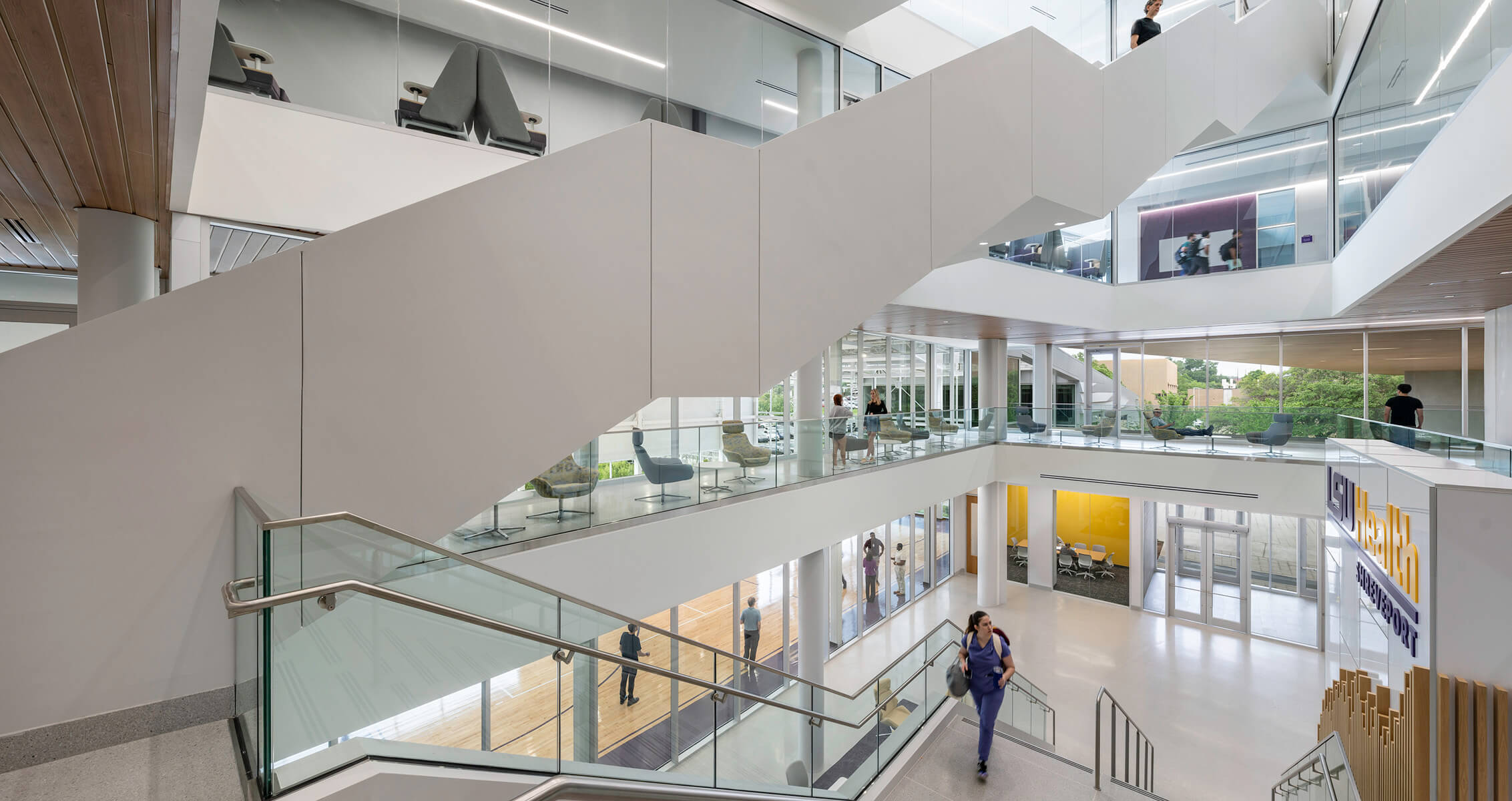In a time of heightened uncertainty for biomedical research institutions, our inaugural Science and Technology Research Forum convened leaders from research institutions across the country for a focused discussion on how to navigate today’s challenging research environment. We were joined by Dr. Carrie D. Wolinetz, Senior Principal and Chair of the Health Bioscience Innovations Practice at Lewis-Burke Associates. Dr. Wolinetz is an internationally recognized science and health policy expert with decades of experience in both government and advocacy roles. She has previously served as Associate Director for Science Policy at the National Institutes of Health (NIH), Chief of Staff to the NIH Director, and Deputy Director for Health and Life Sciences at the White House Office of Science and Technology Policy.
Held virtually on April 30, 2025, the first session set the tone for the forum’s mission: to equip stakeholders with the insights, strategies, and collaborative partnerships needed to navigate today’s volatile funding and regulatory landscape. The multi-part series is curated and facilitated by our firm to address top-of-mind challenges and chart new paths forward for biomedical research environments.
